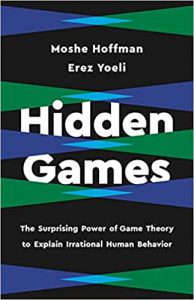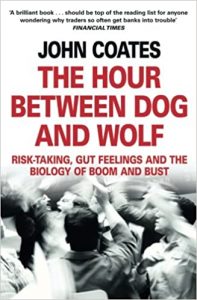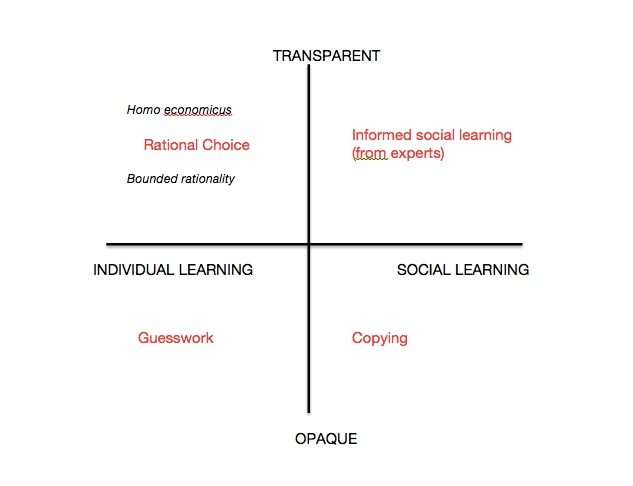I re-read a book I first read in 2002 when the first UK paperback was published, Louis Menand’s magnificent The Metaphysical Club: A story of ideas in America. It takes a sweeping view of the reshaping of the climate of ideas in the US after the Civil War, when pre-war traditions were replaced thanks to a combination of influences: the professionalisation of intellectual life in universities, the impact of scientific discovery particularly Darwin, and indeed the consequences of the Union victory. By the late 19th century the broadly defined pragmatist perspective that lasted until the 1960s – including an accommodation among White Americans over the status of African-Americans – was in place. The story is told though the intertwined histories of William James, Charles Peirce, Oliver Wendell Holmes and John Dewey.
The book lived up to my memory of its excellence, although newly poignant as the idea of an intellectual life among the new US ruling class seems increasingly like a contradiction in terms. I picked out moments that speak to my current preoccupations. For example, on the impact of The Origin of Species, that it emphasized difference or variation as an organising principle, not common characteristics. Some quotes that seem particularly relevant now: Everything human beings do by choice rather than by instinct, and course of conduct they choose when they might have chosen differently, is a moral action.”
William James arguing that society is the fact of life, and the idea of a non-social individual is pure abstraction, while Dewey agreed that there are no individuals without society: “Dewey taught that doing is why there is knowing.” Holmes meanwhile argued that experience – which defines the practice of justice – “is social, not psychological”, his construct of how the ‘reasonable man’ would judge being defined with respect to society.
Menand concludes: “Everything James and Dewey wrote as pragmatists boils down to a single claim: people are the agents of their own destinies. They dispel the fatalism that haunts almost every 19th century system of thought. … What Holmes did not share with those thinkers was their optimism. He did not believe that the experimental spirit will necessarily lead us, ultimately, down the right path. Democracy is an experiment, and it is in the nature of experiments sometimes to fail.” As he had seen it fail as a combatant in the Civil War.
Of course it won’t do to project today’s angst directly onto a 20+ year old book. But it is a brilliant and highly relevant read.




